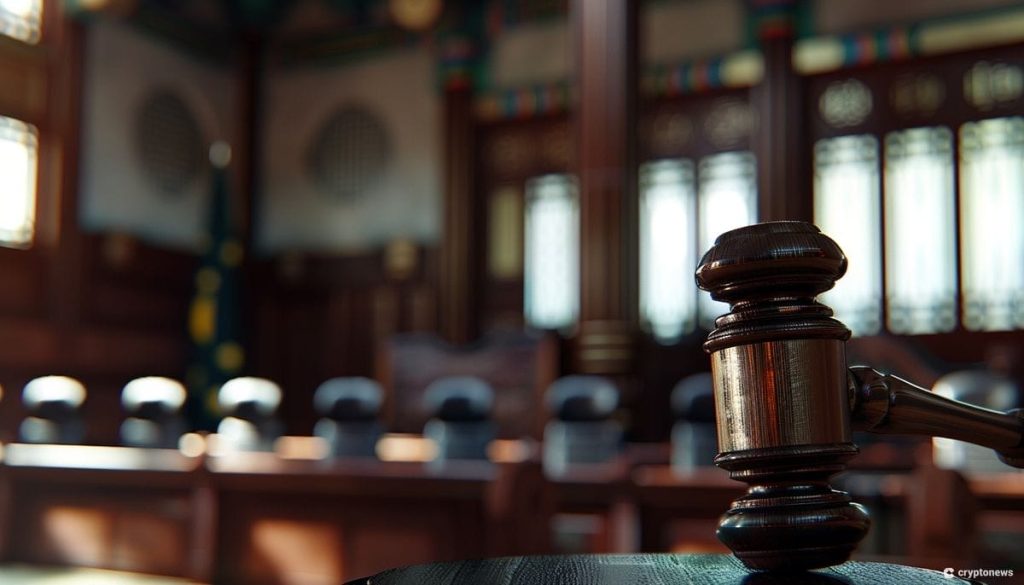Bitnomial, a digital asset derivatives exchange based in Chicago, has taken legal action against the U.S. Securities and Exchange Commission (SEC) regarding the classification of XRP futures. The dispute arose after Bitnomial self-certified its XRP U.S. Dollar Futures contract, following the conclusion of the SEC vs. Ripple lawsuit. The SEC claims that XRP futures should be classified as “security futures” and subject to both SEC and Commodity Futures Trading Commission (CFTC) oversight. Bitnomial argues that XRP should not be considered a security, and therefore, its XRP futures should not fall under SEC jurisdiction.
Bitnomial’s certification process allowed the exchange to list and trade the futures contract without explicit CFTC approval, as it was deemed to meet regulatory standards under commodity laws. However, the SEC intervened after the certification and demanded that Bitnomial register as a national securities exchange before offering XRP futures to its users. In response, Bitnomial filed a lawsuit challenging the SEC’s classification of XRP as a security, with the exchange’s CEO emphasizing the importance of this legal battle in establishing a precedent for how crypto derivatives are regulated in the U.S.
The lawsuit filed by Bitnomial follows a trend of increased enforcement actions by the SEC against the crypto industry since 2023. The SEC has targeted companies like Consensys, Uniswap Labs, and OpenSea, as well as prominent players like Ripple Labs, Binance, and Coinbase. Crypto.com, another major crypto exchange, also recently took legal action against the SEC after receiving a Wells notice. The company accused the SEC of overstepping its authority by classifying most crypto assets as securities, sparking a legal battle over regulatory oversight in the industry.
Ripple, which has been engaged in a legal battle with the SEC for over three years, recently filed a notice of appeal to challenge aspects of the court’s decision in the initial lawsuit. In the ruling, Judge Analisa Torres determined that Ripple’s sales of XRP to retail investors did not qualify as securities transactions, although institutional sales did. Despite being ordered to pay $125 million to settle the matter, Ripple and the SEC continue to seek further legal recourse, highlighting the ongoing complexities of regulatory disputes within the crypto space.
The outcome of Bitnomial’s legal action against the SEC could have significant implications for the regulation of crypto derivatives like XRP futures in the United States. As the debate over the classification of crypto assets continues to unfold, exchanges and regulatory authorities are engaged in a high-stakes battle to define the boundaries of oversight and compliance in the rapidly evolving digital asset landscape. With key players in the industry challenging regulatory authorities, the future of crypto regulation remains uncertain, underscoring the need for clarity and consistency in legal frameworks governing crypto markets.












